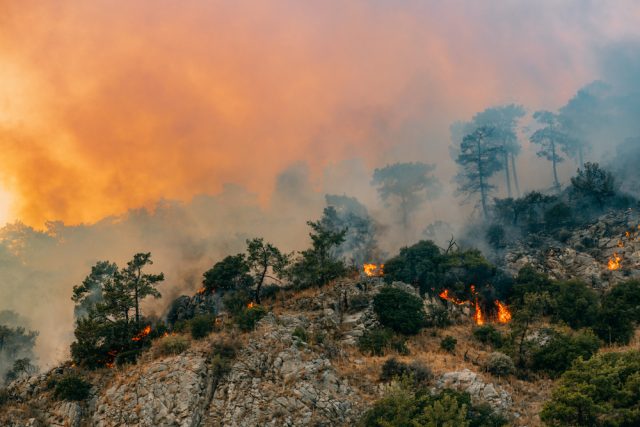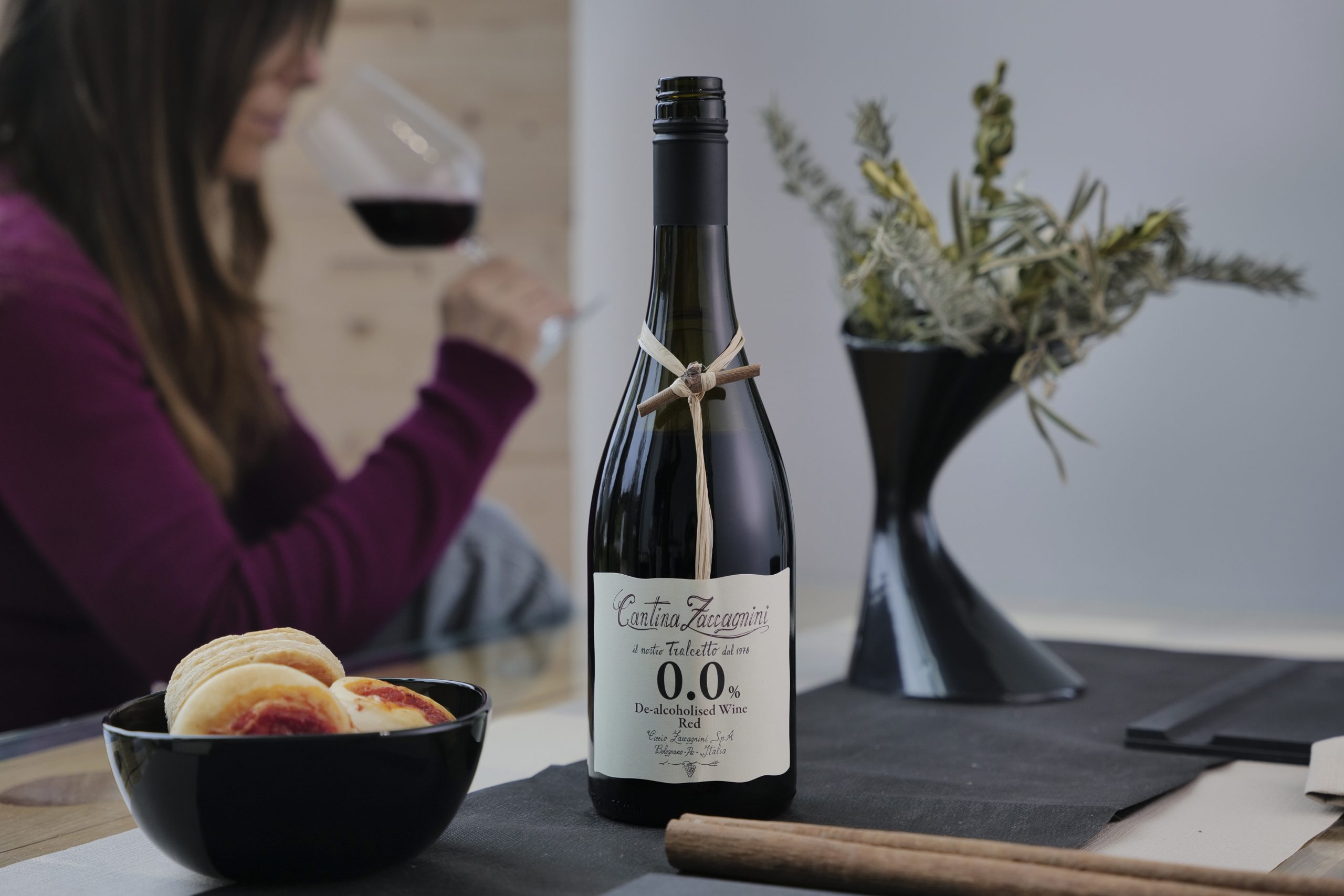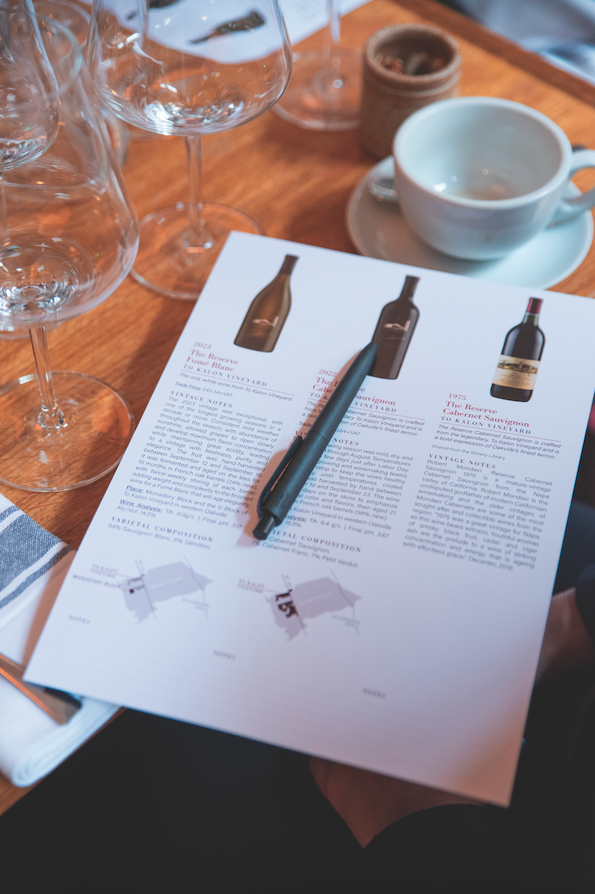IWCA states COP28 agreement ‘far from enough’
The International Wineries for Climate Action (IWCA) has told db that the COP28 draft agreement is ‘far from enough’ and it will keep advocating for a rapid phase out of fossil fuels.

Josep Ribas Portella, founding board member of IWCA and sustainability director at Familia Torres, told db: “Despite the fierce opposition from oil-producing countries and their lobbies, COP28 has finally underlined the need to accelerate action in this critical decade by transitioning away from fossil fuels.
“This might sound good but it is far from enough given the current trend in greenhouse gas emissions, hence IWCA will keep on advocating for a rapid phase out of fossil fuels which is the only option we have to limit the devastating effects of climate change.”
The news follows an open letter where the IWCA said it is “deeply concerned at the lack of concrete progress”. It stated that the 2023 vintage “has proved that climate change is our reality” and has called for more decisive action in addressing the issue which has a “real and increasing threat” to the wine trade, and that of future generations.
The news comes as governments have agreed to “transition away” from fossil fuels in a draft text today (Wednesday 13 December), but the document isn’t legally binding — like the famous Paris Agreement of 2016 — and is a climbdown from the ‘phase out’ wording that some nations, such as Samoa and the Marshall Islands, wanted included during this conference.
But despite these concerns, it is the first time in three decades of climate talks that the nations have agreed to a reduction in the use of fossil fuels.
Work together
In the open letter, the IWCA said that “we must work together” to solve “these deeply challenging global issues”.
Originally set-up by Jackson Family Wine’s Katie Jackson and Familia Torres’ Miguel A. Torres, the members of the IWCA said they were “committed” to reducing greenhouse gas emissions and were “dedicated supporters” of the UN’s Race to Zero initiative. The group consists of 46 members which represent 140 wineries and 2% of the total wine production across the globe.
The association released the letter due to its “belief in a transparent, science-based approach to GHG emission reduction”. Alongside Jackson and Torres, other signatories from the board included sustainability and corporate responsibility managers at Ste. Michelle, Sensiba, Sogrape, Spottswoode, and Yealands.
It said: “We are a collective that works to decarbonise the wine industry, and our mission is seriously compromised by the Conference of the Parties’ (COP) inability to stop new oil and gas exploration, and to agree on a date to phase out the use of all fossil fuels.
Partner Content
“We are disappointed that this year’s COP conclusions lack forcefulness and have in no way advanced the vital move towards detaching the global economy from fossil fuels to achieve a meaningful reduction in GHG emissions.”
Talking specifically about the 2023 vintage, the association said it had experienced “extremes of deep drought, intense heat and wildfires, and deep freezes in winegrowing regions around the world.”
Extreme weather
The evidence is backed up by various stories featured on the drinks business across the year, including severe flooding in Chile and the Emilia-Romagna region of Italy, with also impacted neighbouring Slovenia.
In addition, many areas faced extreme weather shifts, with Italy especially seeing droughts followed by heavy rainfall. France suffered from challenging climatic conditions across its key areas as winemakers claimed to be ‘traumatised’ by conditions, and Prosecco producers described 2023 as its “annus horribilis”.
Most recently, and as referenced by the IWCA, the OIV said that global wine production was down 7% this year, resulting in a 60 year low, which was largely due to the effects of climate.
Stable climate
The IWCA letter continued: “In Spain this year, drought and heat has seriously affected yields, and in British Columbia and in the Niagara regions, deep spring frosts killed many vines.
“California may be celebrating this year, due to the much-needed wet winter and a cooler than normal summer; however, recent vintages have not been as easy.”
It said that the need for a stable climate and to ensure quality of soils meant that emissions reduction needs to be at “the top of the agenda”. As a result, the association was pushing for COP to announce an end date for the use of fossil fuels at the next conference in Azerbaijan in 2024.
“If we do not meet the 1.5C goal, our long-term survival as a business sector is jeopardized, and we will be forced to face significant impacts due to increasingly harmful climate change,” it concluded.
Related news
'A mountain of dirt and trees', podcast rallies support for devastated Friuli winery




